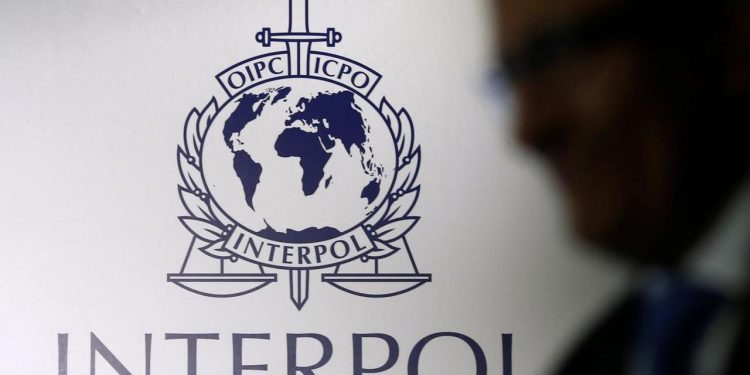Colombo: The Interpol Monday said it is ready to offer full support to the Sri Lankan authorities in investigating the country’s deadliest terror attack that killed 290 people in a series of eight blasts that tore through churches and luxury hotels in the country.
Interpol Secretary General Jurgen Stock in a Twitter message said, “Interpol strongly condemns the horrific attacks and has offered its full support to the investigation being carried out by national authorities.”
Paris-based Interpol is an organisation which facilitates worldwide police cooperation.
Stock said Interpol can deploy an Incident Response Team at the request of a member country to provide on-site support during a crisis situation.
“Our thoughts and prayers are with the families and friends of the victims,” he tweeted.
Eight coordinated explosions targeted Easter worshippers and high end hotels popular with international guests.
The blasts targeted St Anthony’s Church in Colombo, St Sebastian’s Church in the western coastal town of Negombo and another church in the eastern town of Batticaloa as the Easter Sunday mass were in progress.
Three explosions were reported from the five-star hotels – the Shangri-La, the Cinnamon Grand and the Kingsbury. Foreigners and locals who were injured in hotel blasts were admitted to the Colombo General Hospital.
According to the Government Analysts Department, a total of seven suicide bombers carried out the devastating blasts killed 290 people and injured 500 others.
There was no immediate claim of responsibility, but police on Monday arrested 24 people and declined to give further details.
The government has said it will not disclose the details of the suspects involved in the attacks to prevent them from getting publicity.
Meanwhile, media reports said that there was prior intelligence warning that the National Thowheeth Jama’ath – a radical Muslim group – was planning to carry out suicide attacks targeting prominent churches in Colombo.
The blasts – the deadliest attacks in the country’s history shattered a decade of peace in the island nation since the end of the brutal civil war with the LTTE.
The civil war ended with the defeat of the Tamil Tigers, who had fought for 26 years for an independent homeland for the minority ethnic Tamils. The war is thought to have killed between 70,000 and 80,000 people.
The nation has seen some sporadic violence since. In March 2018, a state of emergency was declared after members of the majority Buddhist Sinhala community attacked mosques and Muslim-owned properties.
PTI






































